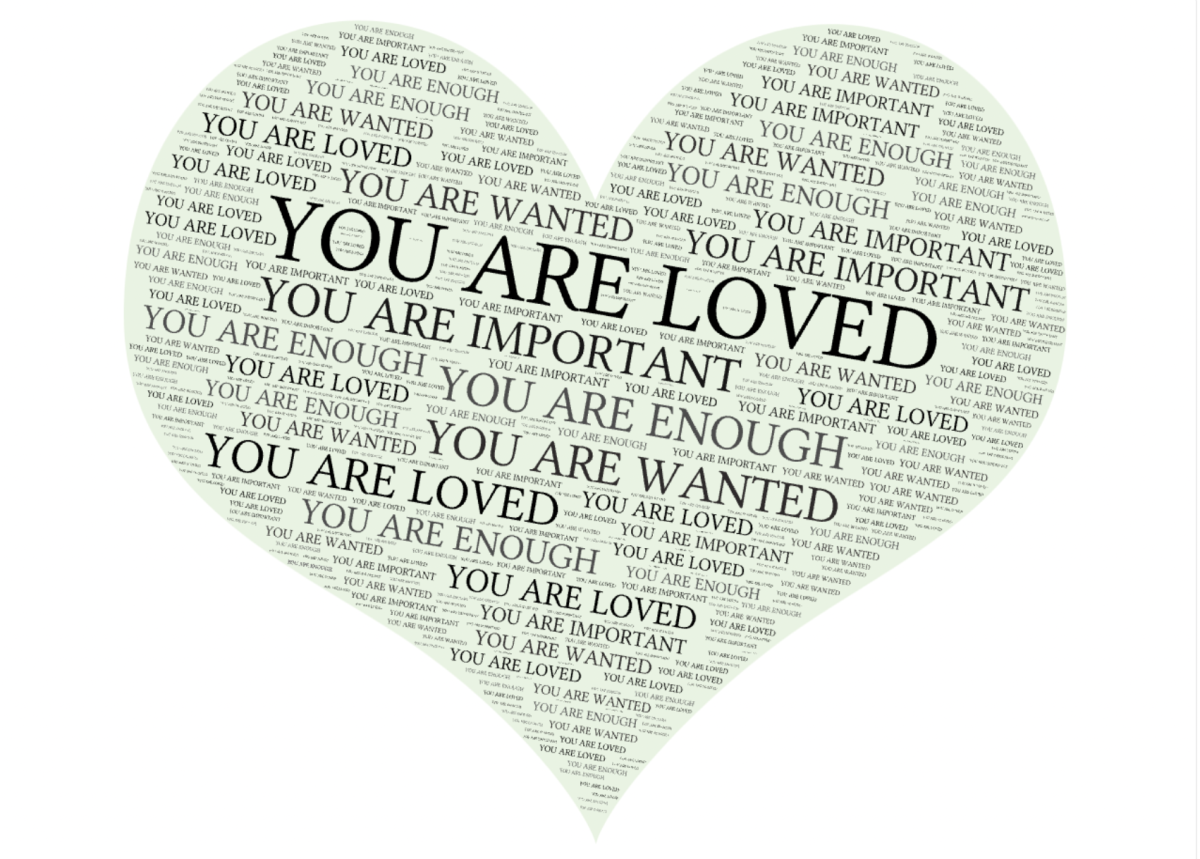Since 1949, May has been observed as Mental Health Awareness Month in the United States. More than one in five adults in the United States deal with some sort of mental illness throughout their entire life. Some of the most common mental health issues in America include anxiety, depression, bipolar disorder and eating disorders. Waking up every morning not wanting to get out of bed, leave the house or deal with the presence of others makes day-to-day life extremely difficult. Trying to do daily activities like learning, cleaning or even relaxing is much more difficult when living with mental illness. Mental health is often not perceived as an actual illness, and it is not fair to anyone who suffers every single day.
Universal Health Services Incorporated released the results of a poll they did on adults based on mental health, and nearly half of the respondents said they do not believe in any form of mental health. They believe that people are just being dramatic and are just feeling basic human emotion that everyone feels. There is a huge difference between feeling sad and being depressed. Feeling sad means that something bummed one out, and they responded by feeling down and gloomy for a few hours. Dealing with depression can show signs of someone not eating, not getting out of bed and /or not wanting to be social with any friends or family. There is a huge difference between the two, and the stigma needs to end.
Being that it is Mental Health Awareness month, one can show support in a multitude of ways. Someone can go as far as donating to mental health support groups, such as the National Alliance of Mental Health, wearing a shirt in support or just sending a text to someone who may be struggling. Being there for loved ones makes them feel cared for, and it can make the days easier for them. Taking thirty seconds out of the day to let someone know that they are loved is a small price to pay for something that might end up meaning the world to someone else.
Mental health crises can range from risk of suicide, rapid mood swings, abusive behavior or paranoia. If you or someone you love are struggling with mental illness, some available mental health helplines are listed below. If someone is in immediate danger, call 911. Get connected to the National Suicide Prevention Lifeline by dialing 988, get 24/7 help from the Crisis Text Line by texting PA to 741741 to start the conversation with a trained professional. Reaching out for help is the right thing to do, no matter what anyone may tell you. You are not alone in the fight against mental health.



